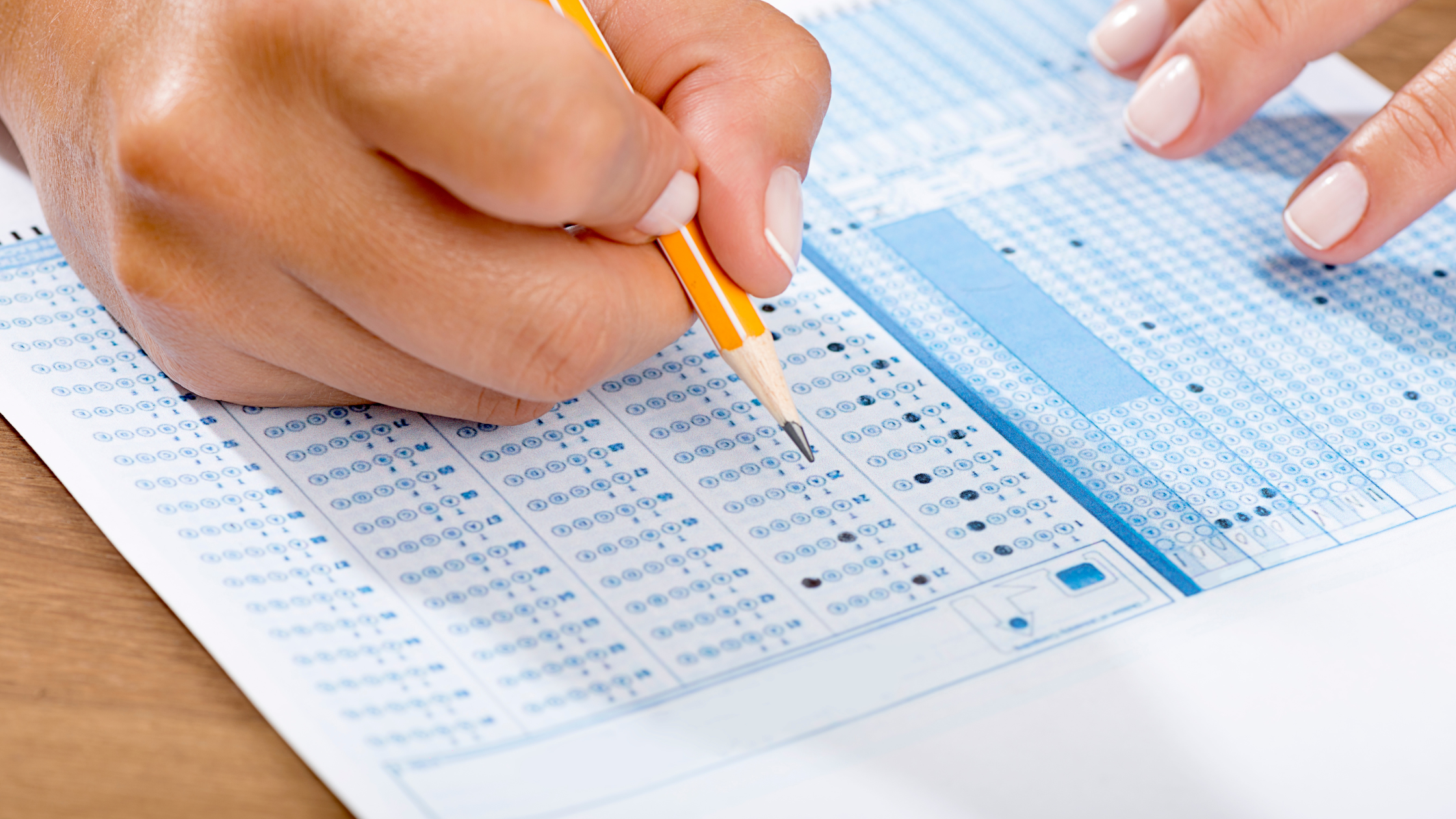
There’s more pressure than ever for students to reach or surpass a minimum score target. ESM Academic and Test Prep Mentor Robin Glover breaks down ways to constructively learn from test results that fall short of students’ goal.
It’s practically a rite of passage to feverishly refresh College Board’s or ACT’s page on score release day. The hope, of course, is to put prep and testing in the rearview mirror.
Especially if this was your first test, rest assured you are in good company if your scores are lower than expected. The reality is that most students will take the test more than once before hitting their target score, which means there will likely be some let-down along the way. But with some constructive self-reflection, even ‘bad’ scores are immensely valuable learning tools for a few reasons. First, it's a gut check to see where you stand under the strictest timing conditions, and, like anything else, it will be less intimidating the next time you take it.
To improve, the trick is not to fall for mental traps. It can be tempting to think of underwhelming scores as a one-off: “I just had a bad day,” in other words. But scores don’t just happen. In fact, the vast majority of students require at least a month of prep to see any change.
This makes sense: the test writers are scary good at standardizing these tests. If you haven’t internalized new skills, approaches, and strategies, your score should not go up by design. The other unhelpful but common refrain I hear is some version of “I made a silly mistake.” But here again, mistakes don’t just happen. There was a pattern of thinking that led to that mistake.
Constructive reflection reveals actionable steps you can take on your path to a better score. Below is a list, categorized by context, crafted to help you hunt for clues as to why you missed questions. Keep in mind that all of the potential reasons these questions yield are 100% preventable!
The good news is that you have a ton of control over what happens between receiving scores and your next test date! Once you have drilled down to identifiable reasons for missing questions, the path to a better score becomes much more concrete.
If you are working with a test prep mentor, sharing these reflections with them is immensely helpful, because they'll be able to give individualized advice for how to address any strategic issues, gain more control over your stress, and avoid being distracted by things out of your control.
Good luck and happy testing!